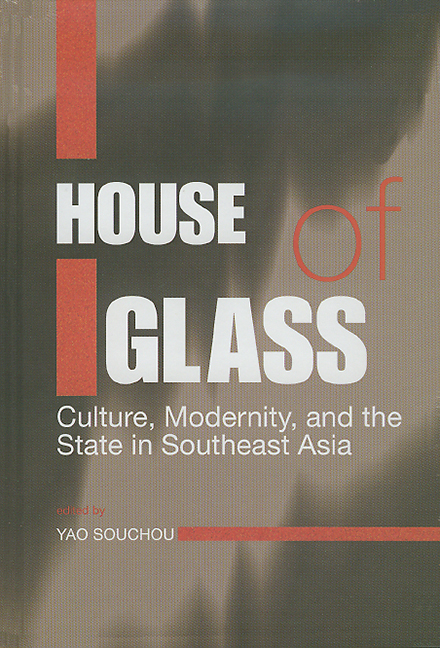Book contents
- Frontmatter
- Contents
- Preface
- Contributors
- Introduction
- Part One Local desire and global anxieties
- Part Two Identity, the state, and post-modernity
- 5 National identity, diasporic anxiety, and music video culture in Vietnam
- 6 The post-modernization of Thainess
- Part Three State power, development, and the spectre of nation-building
- Part Four
- Index
5 - National identity, diasporic anxiety, and music video culture in Vietnam
from Part Two - Identity, the state, and post-modernity
Published online by Cambridge University Press: 21 October 2015
- Frontmatter
- Contents
- Preface
- Contributors
- Introduction
- Part One Local desire and global anxieties
- Part Two Identity, the state, and post-modernity
- 5 National identity, diasporic anxiety, and music video culture in Vietnam
- 6 The post-modernization of Thainess
- Part Three State power, development, and the spectre of nation-building
- Part Four
- Index
Summary
Formally approved by the Sixth Party Congress in 1986, Vietnam's doi moi or renovation policy has seen the country transform itself from a reclusive Marxist-Leninist state into a market economy ever-increasingly incorporated into the global capitalist system. Along with this new economic openness, Vietnam has variously embraced and had forced upon it a new cultural openness, a process that has seen the once relatively discrete borders of its national culture begin to exhibit an unsettling new porousness. As new media have flowed into the country alongside other consumer goods, the state has begun to find that the tight control it once exercised over virtually all fields of cultural production and consumption is slipping. As one might expect, this process has been quick to revivify the spectre of cultural pollution by a decadent West, one to which the state has periodically reacted since the advent of the policy in spectacular fashion.
But doi moi has not only let the West back in. A less remarked consequence of the policy is that it has precipitated something of a return of the repressed of national culture in the form of the popular culture of the Vietnamese diaspora. Doi moi has seen the formation in Vietnam of a huge market in pirated versions of video music variety shows, karaoke, and compact discs produced by Vietnamese living the United States, France, and Canada. Thus as well as introducing Vietnamese consumers to Playboy and Die Hard, “renovation” has allowed them to meet such diasporic cultural icons as Elvis Phuong, Lynda Trang Dai, and Paris by Night. While the state has over the past few years become more resigned to the presence in Vietnam of a commercial music culture produced by its former enemies or My nguy [American puppets], and recently has even allowed diasporic singers to perform in Vietnam, this state of affairs continues to afford it no little source of ambivalence and disquiet.
- Type
- Chapter
- Information
- House of GlassCulture, Modernity, and the State in Southeast Asia, pp. 119 - 149Publisher: ISEAS–Yusof Ishak InstitutePrint publication year: 2001

